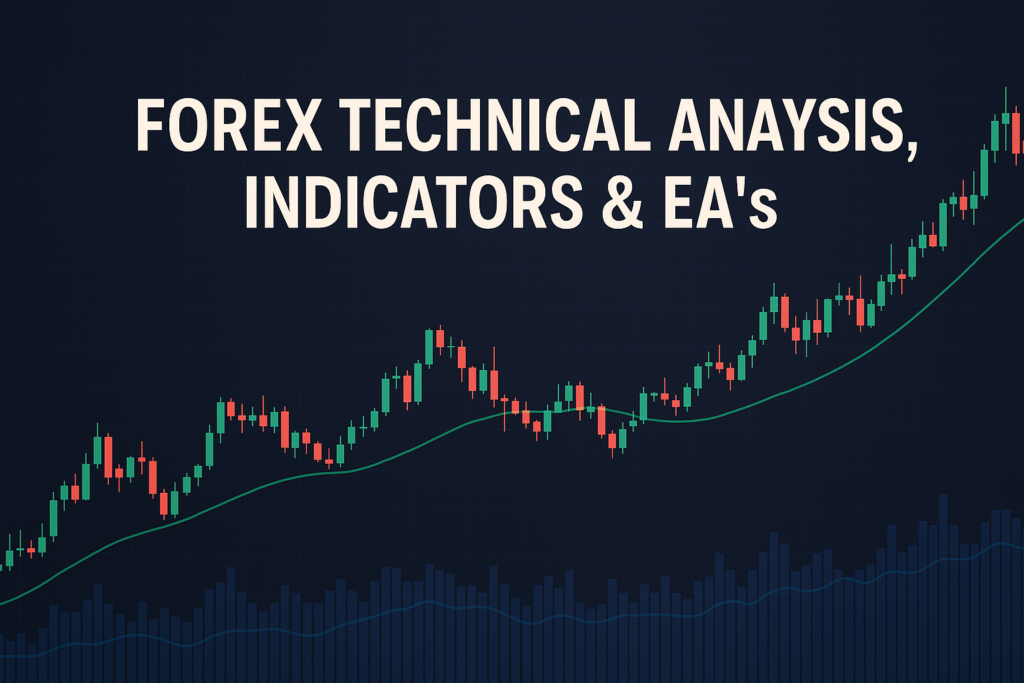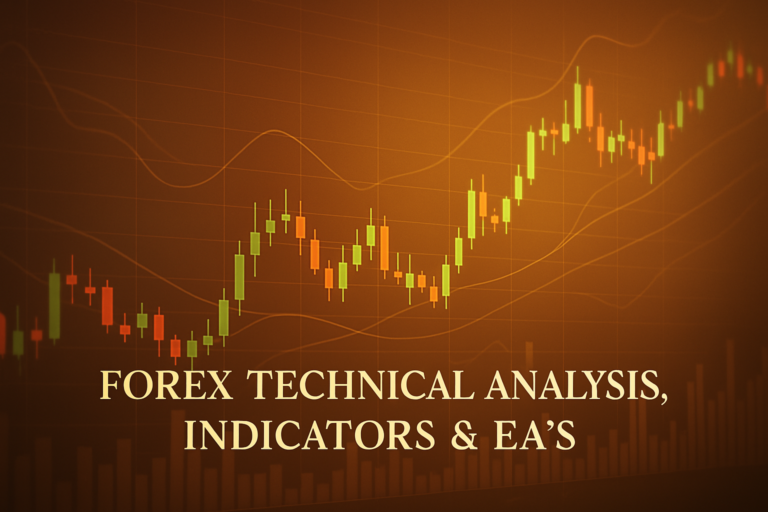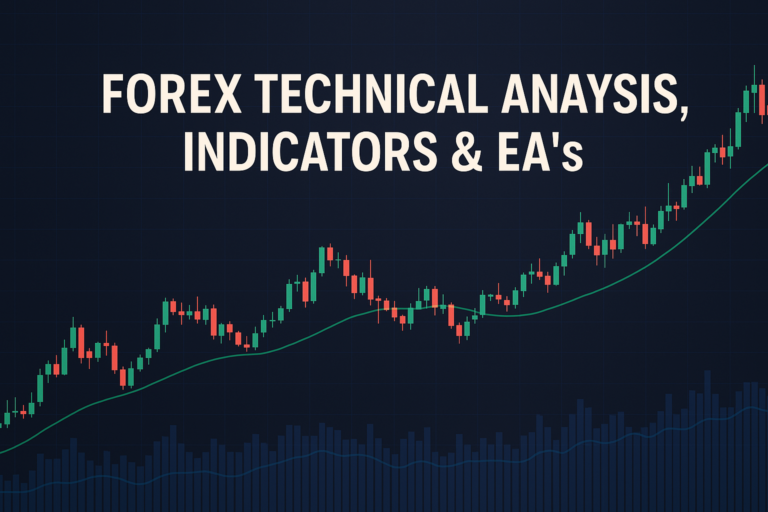
Moving average 9 is a key tool for Forex traders, offering insights into market trends and enhancing trading strategies.
The moving average 9 is a powerful tool in Forex trading. It represents the average price of a currency pair over the last nine periods. This simple yet effective technique helps traders identify trends and make informed decisions. For many, understanding moving average 9 can feel overwhelming at first. Whether you’re a beginner or a seasoned professional, grasping the concept can be challenging.
Traders often struggle to balance the emotional aspects of trading with the technical strategies required for success. This is where the moving average 9 comes in handy. It provides clarity amidst the chaos of the market. Learning to apply this strategy can be the key to unlocking better trading results. In this article, we will explore the moving average 9, how it works, its history, advantages, disadvantages, and various trading strategies.
Additionally, we will take a look at the EURUSD forecast June 05, 2025, to illustrate how the moving average 9 can be applied in real-world scenarios. For more details, check out our complete analysis on the EURUSD forecast June 05, 2025.
What is a Moving Average 9?
The moving average 9 is a method used to analyze price trends in Forex trading. Imagine you are looking at a line graph of a currency pair’s price movements. The moving average 9 takes the average of the last nine prices and plots this average on the graph. This creates a smoother line that helps you see the overall direction of the price. When the price is above this line, it usually indicates an upward trend. Conversely, when the price is below, it suggests a downward trend.
Types of Moving Average 9
There are several types of moving averages, and understanding them can help you choose the right one for your trading style. The most common types include:
- Simple Moving Average (SMA): This is the most straightforward type. It calculates the average price over a specific number of periods.
- Exponential Moving Average (EMA): This type gives more weight to recent prices, making it more responsive to new information.
- Weighted Moving Average (WMA): Similar to the EMA, but it applies different weights to each price. This can be useful for specific trading strategies.
How Moving Average 9 Smooths Out Price Action
One of the main benefits of using the moving average 9 is that it smooths out the price action. In a volatile market, prices can jump up and down rapidly. The moving average 9 helps to filter out these fluctuations. Instead of focusing on every tiny price change, traders can look at the overall trend. This helps them make better trading decisions and reduces the chances of emotional trading.
Common Periods Used and Why
While the moving average 9 is popular, traders also use other periods, like 5, 20, or 50. Each period serves a different purpose. Shorter periods, like the moving average 9, are great for quick trades. Longer periods can help identify more stable trends. Knowing when to use each one is essential for successful trading.
The History of Moving Average 9: How It Became Popular
Origin of Moving Average 9
The moving average concept has been around for a long time. It originated in the early 1900s when traders needed a way to analyze price movements. The moving average 9 became a favorite because of its simplicity. It offered a clear view of trends without getting too complicated.
When Did Traders Start Using It Widely?
As technology advanced, traders began using moving averages more frequently during the late 20th century. The rise of computers made it easier to calculate moving averages quickly. Soon, many traders adopted the moving average 9 as part of their daily strategy.
Real-Life Stories
Many professional traders have shared stories about how the moving average 9 helped them succeed. One trader noticed that when the price crossed above the moving average 9, it often led to a profitable trade. By sticking to this strategy, they managed to grow their accounts significantly over time. Such stories highlight the effectiveness of the moving average 9 in real-world trading.
Advantages and Disadvantages of Moving Average 9
Advantages:
- Helps Identify Trends Easily: The moving average 9 provides a clear visual representation of price trends, making it easier for traders to spot upward or downward movements.
- Useful for Dynamic Support and Resistance: Traders can use the moving average 9 as a guideline for potential support and resistance levels, aiding in decision-making.
- Works Well for Crossover Strategies: The moving average 9 is often used in crossover strategies, where traders look for when the price crosses above or below the moving average to enter or exit trades.
Disadvantages:
- lags behind Price Movements: Since the moving average 9 is based on past data, it may not react quickly to sudden price changes, leading to missed opportunities.
- Can Give False Signals in Sideways Markets: In a flat or sideways market, the moving average 9 may produce misleading signals, causing traders to enter or exit positions prematurely.
How to Apply Moving Average 9 on MT4 & MT5
Step-by-Step Guide to Adding Moving Average 9 on Charts
Applying the moving average 9 on your trading platform is simple. First, open your MT4 or MT5 trading application. Next, select the chart of the currency pair you want to analyze. Then, find the “Insert” button on the top menu. Click on it, and select “Indicators,” followed by “Trend,” and then choose “Moving Average.” In the settings, set the period to 9, and you’re all set!
Customizing Moving Average 9 Settings
You can customize the moving average 9 to fit your preferences. Change the color to make it stand out on your chart. Choose a thicker line style for better visibility. Adjust the type of moving average based on your trading strategy—whether you prefer SMA, EMA, or WMA.
Saving Templates for Easy Application
If you find a setup you like, consider saving it as a template. This way, you can apply the same settings to other charts quickly. Just click on “Template” in the top menu and save your current chart setup. This will save you time and help maintain consistency across your analyses.
5 to 7 Trading Strategies Using Only Moving Average 9
Strategy 1: Short-Term Scalping
Best Time Frame: M5
How It Works: Traders look for quick buy and sell opportunities. When the price crosses above the moving average 9, it’s a signal to buy. If the price crosses below, it’s time to sell.
Example of Trade Setup: A trader notices the price crosses above the moving average 9 and enters a buy position, aiming for a small profit before selling.
Strategy 2: Trend Following
Best Time Frame: H1
How It Works: Traders follow the overall trend. When the price is consistently above the moving average 9, they look for buy opportunities. If it’s below, they seek sell opportunities.
Example of Trade Setup: A trader sees the price trending upward above the moving average 9 and enters a buy position, riding the trend until they see signs of reversal.
Strategy 3: Crossover Strategy
Best Time Frame: H4
How It Works: This strategy uses two moving averages. If the fast moving average (like 5) crosses above the moving average 9, it’s a buy signal. If it crosses below, it’s a sell signal.
Example of Trade Setup: A trader uses a 5-period moving average and sees it cross above the moving average 9, signaling a buy opportunity, and enters the trade.
Strategy 4: Reversal Strategy
Best Time Frame: D1
How It Works: This strategy looks for price reversals. If the price moves significantly away from the moving average 9, traders anticipate it will return to the average.
Example of Trade Setup: A trader notices the price has spiked far above the moving average 9 and places a sell trade, expecting the price to revert back toward the average.
Strategy 5: Swing Trading Strategy
Best Time Frame: H4
How It Works: Traders look for price swings. When the price bounces off the moving average 9, it can indicate a continuation of the trend.
Example of Trade Setup: A trader identifies a bounce off the moving average 9 and enters a buy position, setting a target at the next resistance level.
5 to 7 Trading Strategies Combining Moving Average 9 with Other Indicators
Strategy 1: Moving Average 9 with RSI
Best Time Frame: H1
How It Works: Combine the moving average 9 with the Relative Strength Index (RSI). When the RSI indicates overbought conditions and the price is above the moving average 9, it’s a sell signal.
Example of Trade Setup: A trader sees the RSI above 70 while the price is above the moving average 9, signaling a potential sell opportunity.
Strategy 2: Moving Average 9 with MACD
Best Time Frame: D1
How It Works: Use the MACD indicator alongside the moving average 9. A buy signal occurs when the MACD crosses above zero while the price is above the moving average 9.
Example of Trade Setup: A trader finds the MACD crossing above the signal line with the price above the moving average 9, prompting a buy entry.
Strategy 3: Moving Average 9 with Bollinger Bands
Best Time Frame: H4
How It Works: When the price touches the lower Bollinger Band and is close to the moving average 9, it can signal a buy opportunity.
Example of Trade Setup: A trader sees the price touching the lower band near the moving average 9, indicating a potential bounce back.
Strategy 4: Moving Average 9 with Stochastic Oscillator
Best Time Frame: M15
How It Works: Use the Stochastic Oscillator for timing entries. If the oscillator shows oversold conditions and the price is above the moving average 9, it’s a buy signal.
Example of Trade Setup: A trader detects the Stochastic Oscillator is below 20 while the price is above the moving average 9, suggesting a buying opportunity.
Strategy 5: Moving Average 9 with ATR
Best Time Frame: H1
How It Works: The Average True Range (ATR) can help set stop-loss levels. When the price is above the moving average 9, use ATR to determine how far to place your stop-loss.
Example of Trade Setup: A trader uses ATR to set their stop-loss below the moving average 9 when entering a buy trade, ensuring proper risk management.
In a fast-paced world of Forex trading, sometimes there’s no time to read before they vanish. Quick decisions are crucial, so having a solid grasp of moving average 9 can be a game-changer.
Top 10 FAQs About Moving Average 9
- What is a moving average 9? The moving average 9 is an average price calculation over the last nine periods, helping traders identify trends.
- How do I calculate the moving average 9? Add the last nine closing prices and divide by nine to find the average.
- Can I use moving average 9 for all currency pairs? Yes, the moving average 9 can be applied to any currency pair.
- Is moving average 9 suitable for day trading? Yes, it’s popular among day traders for its quick signals.
- How do I adjust the settings on my trading platform? Navigate to the indicators section, select moving average, and set the period to 9.
- What is the difference between SMA and EMA? SMA gives equal weight to all prices, while EMA gives more weight to recent prices.
- Does moving average 9 work in sideways markets? It may give false signals in sideways markets, so traders should be cautious.
- Can I combine moving average 9 with other indicators? Yes, combining it with other indicators can enhance trading strategies.
- What time frame is best for moving average 9? It depends on your trading style, but it works well in various time frames from M5 to D1.
- How can I improve my success with moving average 9? Test different strategies and practice with a demo account before trading real money.
In summary, understanding the moving average 9 can be a game-changer for Forex traders. It offers a simple yet effective way to navigate market trends. Remember to test out different strategies before risking real money. The more you practice, the better you’ll become at making informed trading decisions.
In conclusion, the moving average 9 is a versatile tool that can help you make better trading choices. By mastering this concept and applying various strategies, you can enhance your Forex trading experience. Stay curious, keep learning, and don’t be afraid to test new ideas!
This post complements what we’ve discussed here—check it out for more insights DailyFX, MQL5
Expand Your Knowledge
- 📌 Forex Trading Learning Road Map
- 📌 Forex Trading Course with no Fees
- 📌 Forex Trading Issues, Problems, and Solutions
- 📌 Forex Daily Forecast & Live Updates
- 📌 Forex Fundamental & News Analysis: Tomorrow’s Market Movers & Trade Opportunities
- 📌 Forex Education Hub: Learn & Profit
- 📌 Forex Technical Analysis, Indicators & EA’s
Start Trading Today
Ready to take your forex trading to the next level? Open an account with Exness, one of the most trusted platforms in the industry. 👉 Sign Up Now and trade with confidence!
My recommended broker stands out with ultra-low spreads for beginners, instant withdrawals, and zero spread accounts for pro traders.
Trusted since 2008, lightning-fast execution, no hidden fees, and a secure, transparent trading environment—giving you the edge you need to succeed. 🚀
YouTube Video Library: Related Videos
Note: The video above is embedded from YouTube and is the property of its original creator. We do not own or take responsibility for the content or opinions expressed in the video.


